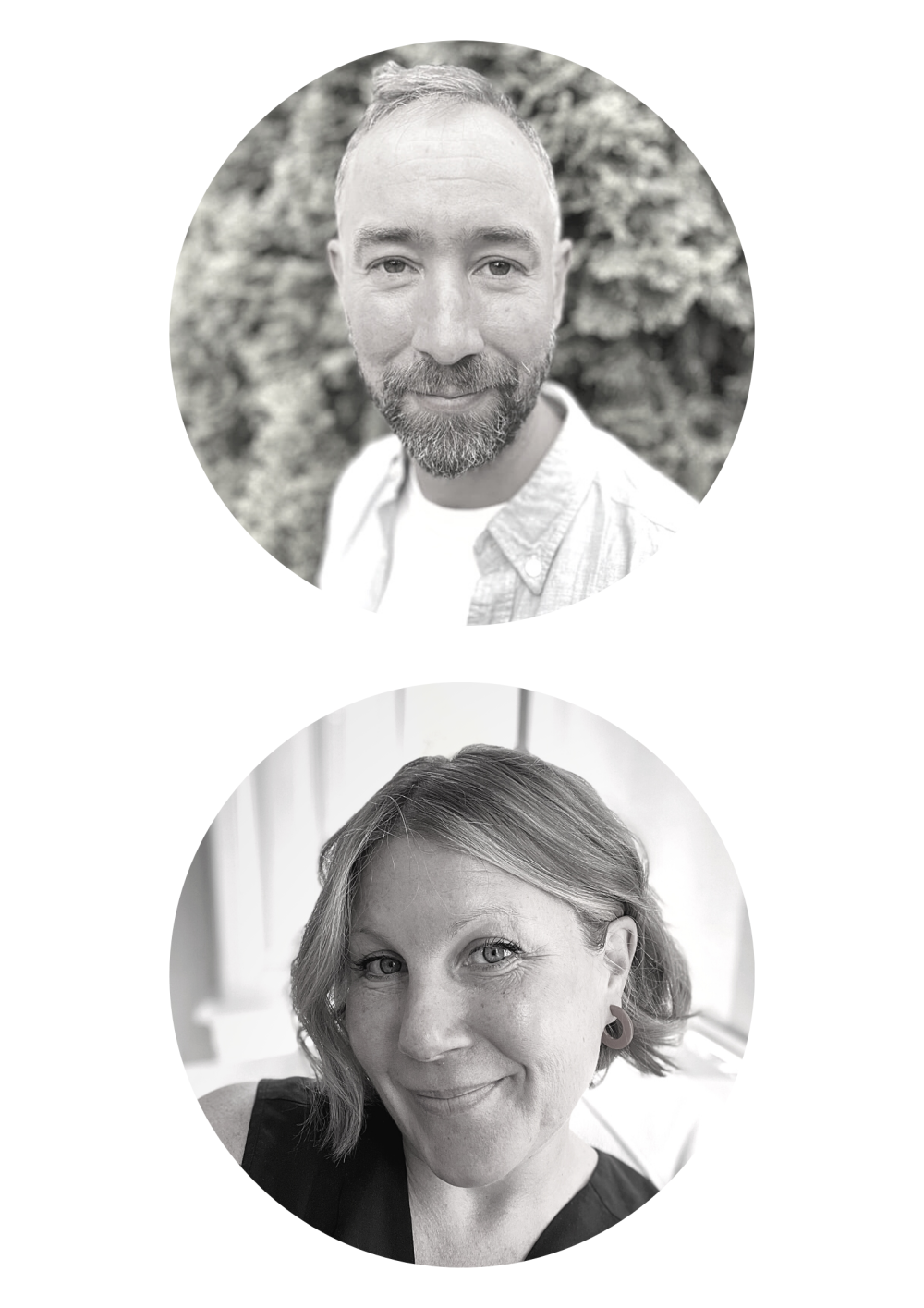
This course is a part of the 2nd EFRJ Winter Academy in 2024. Read more about the event and sign here.

This course is a part of the 2nd EFRJ Winter Academy in 2024. Read more about the event and sign here.
This course invites participants to learn and strengthen training facilitation skills, to explore practices that stimulate and support learning, the significance of restorative approaches in training delivery and how these contribute to high quality training.
The course is for anyone who is in working with training delivery as a trainer, training organiser, or team leader responsible for the development and the coaching of a team. It is particularly pertinent for trainers working in the field of restorative justice and restorative practices, yet it offers a comprehensive framework for anyone who works with training delivery.
It offers participants to a space to reflect on their work, it invites them to explore creative ways to plan and facilitate training. It provides new practical ideas and resources. The course uses a participatory experiential approach.
With organising this course the EFRJ strengthens its commitment for the development of high quality restorative justice training.
Training Facilitation Restoratively
Games and active exercises
Role play and skills practise
Common challenges and ways to overcome them
Advanced restorative training skills
Application

Tom Mellor came to the world of restorative practice from a background in theatre and live performance, training as a mask actor and working for years with the BAFTA award winning Geese Theatre Company. He has toured with various theatre companies across the Europe as a performer, improviser and facilitator and draws on many of these techniques and experiences in his restorative work. Tom enjoys supporting teachers and facilitators to develop engaging and creative ways to deliver training and explore what it means to be a restorative trainer. Tom is one of the co-founders and directors of The Restorative Lab, a specialist small company supporting organisations to develop relational and restorative attitudes, behaviours and processes that are congruent with their espoused values. Tom has extensive experience in the training and support of restorative practitioners and in the strategic development of restorative services in the fields of social care, children and young people’s services, criminal justice, and education. Tom completed a Masters in Education at Cambridge University and is currently studying an MSc in psychotherapy and is interested in ways psychotherapy can inform and support restorative practice.
Dr Anna Gregory is a dynamic facilitator, trainer, and researcher with on the ground experience of leading peace education projects in schools and restorative culture change programmes in schools, Local Authority teams (SEND, Education and Educational Psychology) and charities. Having spent 10 years as a Programme Director for the UK-based charity Peacemakers responsible for the Restorative, Youth and Community programmes, Anna is now a Director of The Restorative Lab helping workplaces to transform conflict into opportunities for growth and innovation.
Anna specialises in participatory action research involving children as co-researchers. Her Ph.D. focus explored how drama might enhance a peace education experience. Anna is also interested in how a restorative approach might inform and challenge more traditional research practices.
Anna lives in France and enjoys turning gluts of vegetables into sauces, chutneys, and bakes.
Both Anna and Tom work at The Restorative Lab.